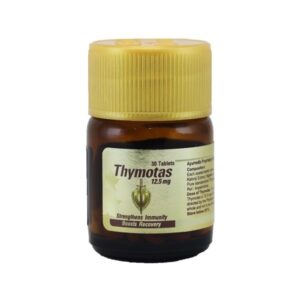THYMOQUINONE
THYMOQUINONE: Thymoquinone is a naturally occurring compound found in the seeds of Nigella sativa, which is commonly known as black seed or black cumin. It has been widely used in traditional medicine for centuries due to its various therapeutic properties.
The primary use of thymoquinone is as an antioxidant and anti-inflammatory agent. It has shown potential in the treatment of several conditions, including cancer, asthma, allergies, cardiovascular diseases, liver disorders, and diabetes. Thymoquinone is believed to exert its effects through multiple mechanisms, including the inhibition of inflammatory mediators, modulation of immune responses, and induction of apoptosis (programmed cell death) in cancer cells.
The dose of thymoquinone can vary depending on the specific condition being treated. It is available as an oral supplement in the form of capsules or oil. The recommended dose ranges from 20 mg to 100 mg per day, but it is important to consult with a healthcare professional for an appropriate dosage based on individual needs.
While thymoquinone is generally considered safe, it may cause some side effects in certain individuals. Common side effects can include gastrointestinal disturbances such as nausea, vomiting, and diarrhea. Allergic reactions may also occur in sensitive individuals. Additionally, high doses of thymoquinone may have potential toxic effects on the liver, so it is important to use it under medical supervision, especially in patients with liver conditions.
As with any supplement or medication, it is essential to seek medical advice before starting thymoquinone to ensure its safe and appropriate use, especially if you have any pre-existing medical conditions or are taking other medications.

